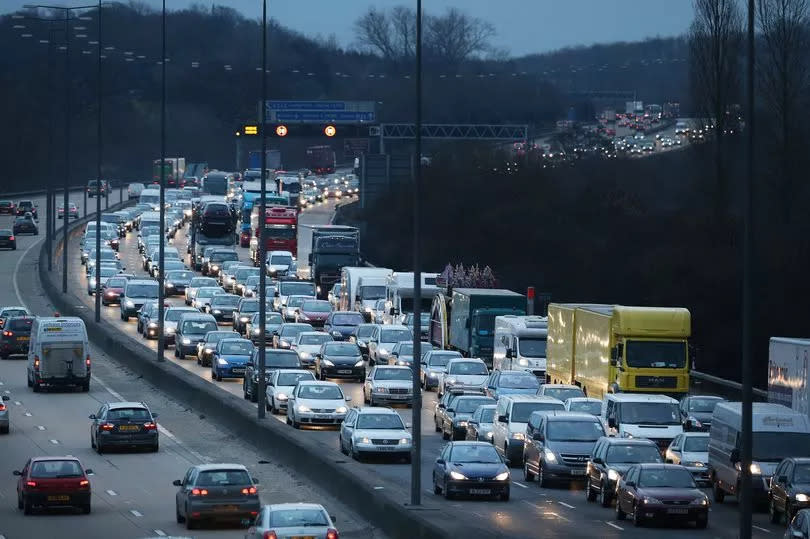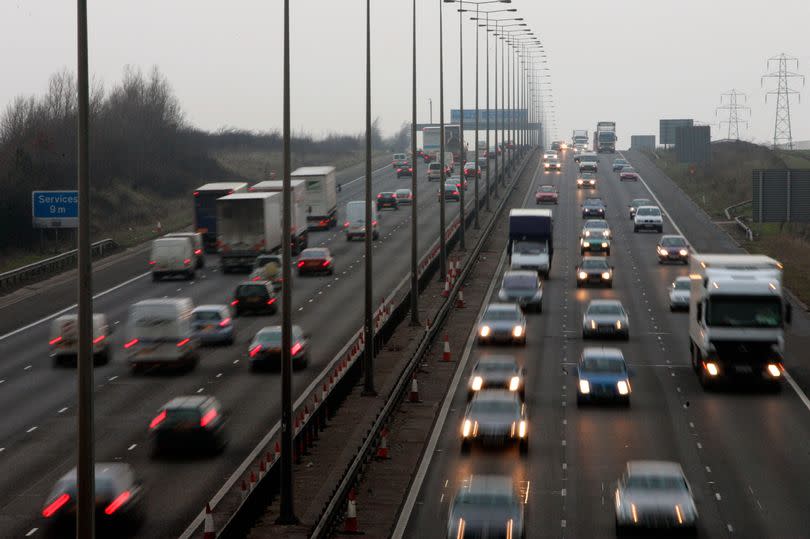Smart Motorways When Technology Fails: Traffic officer says smart motorways not safe as tech keeps failing

A traffic officer says England's smart motorways including the M4, M5, M6 and M62 are 'no longer safe' as the BBC claims the technology that runs them regularly breaks down. BBC Panorama says figures show hundreds of times when vital safety equipment was out of action.
National Highways denies the claims. England has 193 miles of 'no hard shoulder' smart motorways, 140 miles with a hard shoulder and 63 miles where the hard shoulder can be switched to a running lane. National Highways' figures suggest if you break down on a smart motorway without a hard shoulder you are three times more likely to be killed or seriously injured.
Smart motorways use cameras and radar to detect broken-down vehicles in the carriageway. Figures released to Panorama show that between June 2022 and February 2024 there were 397 incidents when smart motorways lost power, making it difficult to detect when a vehicle has broken down. The outages sometimes lasted days.
READ MORE: M25 closures 2024: National Express confirms full list of coaches that will run on diversion

Edmund King, president of the AA, told the BBC: "If you haven't got that technology, it's not even a basic motorway because you haven't got the hard shoulder," he says. "It means that you're playing Russian roulette with people's lives."
National Highways' figures show that in 2022 there were also 2,331 faults on the radar system designed to spot stationary vehicles. The average length of the fault was more than five days.
At least 79 people have been killed on smart motorways since they were introduced in 2010. In the past five years, seven coroners have called for them to be made safer.
National Highways says 34 more refuges are under construction to "close the gap between how drivers feel and what the safety statistics show". There will also be new education campaigns and investment to improve the resilience of technology.
The Government last year said it was halting the roll out of the technology because of costs and safety fears. It is instead investing £900million to make the existing network safer.
Want more from MyLondon? Sign up to our daily newsletters for all the latest and greatest from across London here.

 Yahoo News
Yahoo News 
